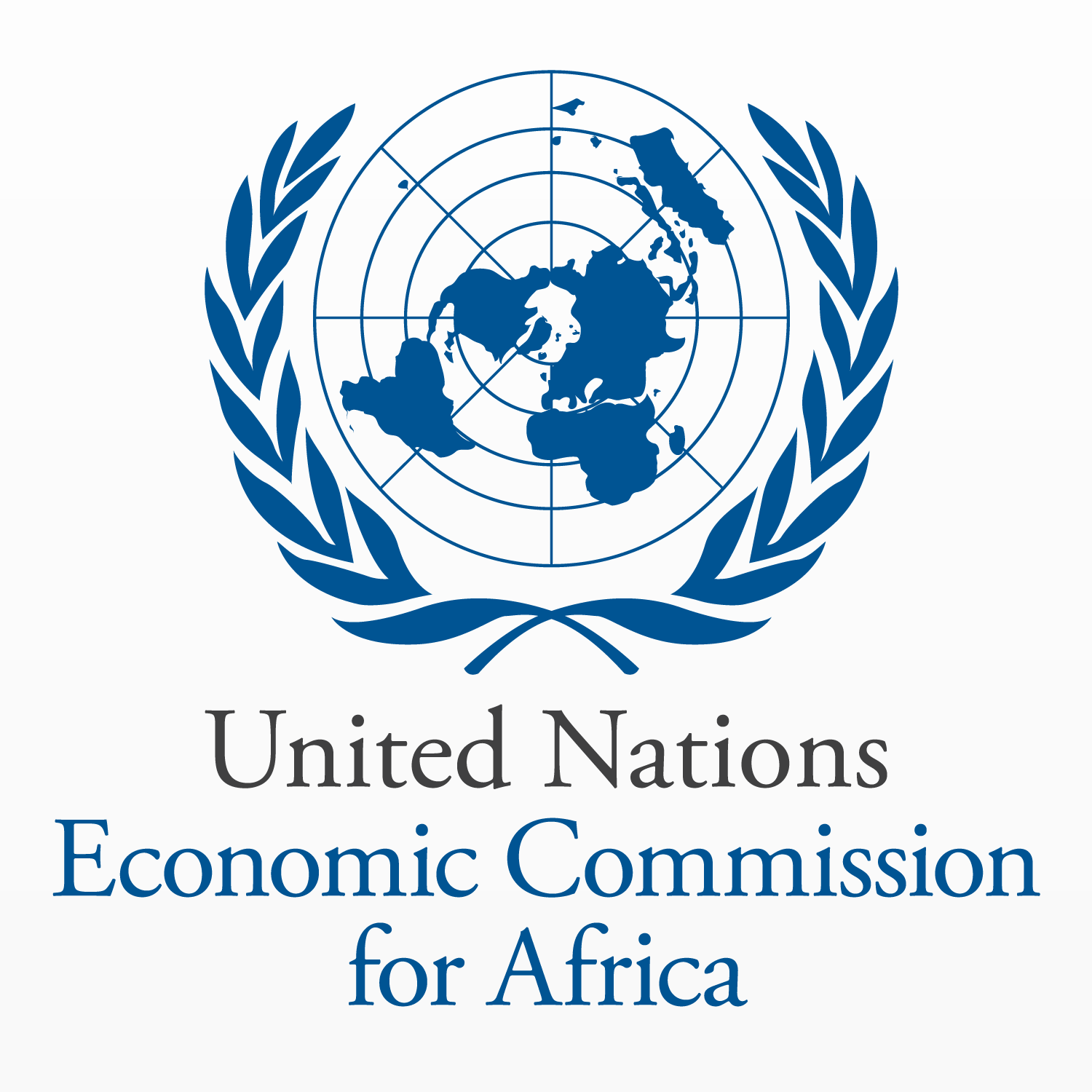Africa Still Lags Behind in Trading Within its Borders - ENA English
Africa Still Lags Behind in Trading Within its Borders

March 18/2021 (ENA) African countries continue to trade more with the outside world than among themselves, according to findings of an Economic Commission for Africa (ECA) assessment report on progress made on regional integration in the context of the COVID-19 pandemic.
The report was presented during the 39th ECA Committee of Experts of the Conference of African Ministers of Finance, Planning and Economic Development that opened in Addis Ababa on Wednesday.
The European Union, the report says, is taking the largest share of the market accounting for 29.8 percent of total trade in 2018.
The trend is, however, changing following Brexit and also due to increasing trade between China and Africa.
Director of Regional Integration and Trade Division at the ECA, Stephen Karingi said COVID-19 had severely disrupted the implementation of regional integration initiatives, including the African Continental Free Trade Area (AfCFTA), particularly trade through national border closures.
“Implementation of regional integration continues to be hampered by governance, peace and security challenges,” he noted, and added that digitalization is key in maintaining trade competitiveness and enabling effective participation in cross border e-commerce.
According to the report, Africa accounted for only 2.6 percent of global trade in 2018 which is a slight increase from 0.2% from 2017 while intra-African trade increased to 16.1% in 2018 (159.1bn USD), up from 15.5% in 2017.
While progress continues to be made in pursuit of the continent’s regional integration agenda throughout the eight Regional Economic Communities (RECs), challenges to the achievement of deeper integration remained, it was learned.
Karingi pointed out that before the COVID-19 pandemic there was a rise in intra-trade in Africa, but compared to other regions, it remained low.
“Trade, economic movement of people and services, infrastructure, governance, peace and security are the key pillars of regional integration,” he noted, adding that many countries were doing a lot to implement the ACFTA.
Furthermore, he stated that productive integration was the poorest performing dimension of regional integration, added.
“Most of the communities are lagging in terms of intra-regional intermediate exports and imports, and are recording a very low merchandise trade complementarity index.”